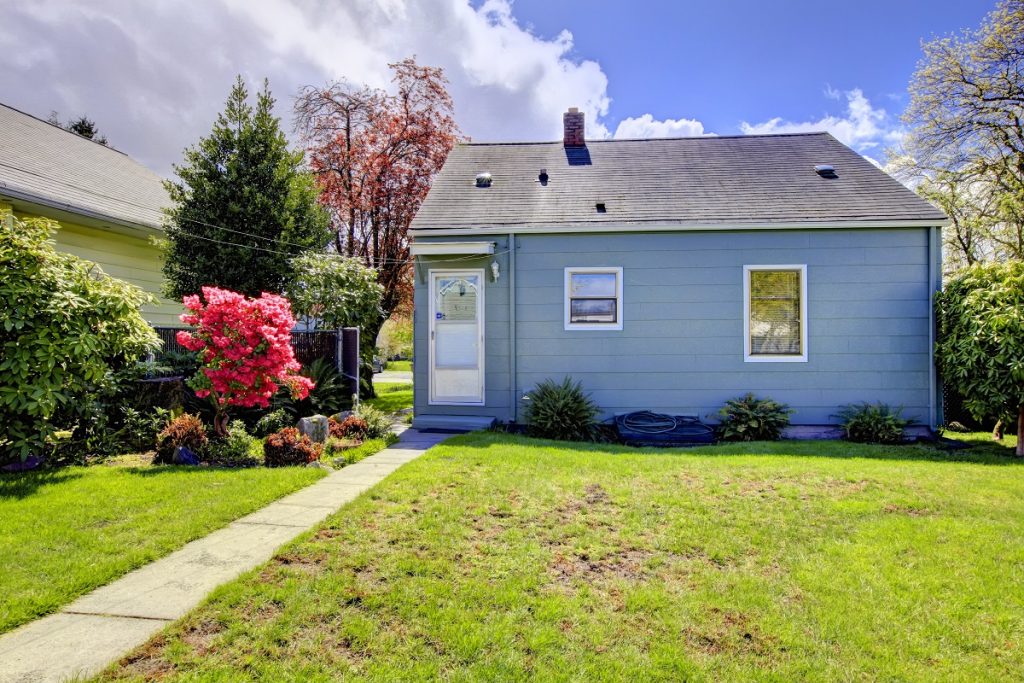Buying a home is more than about deciding the type of house you want or the number of bedrooms you need. It is mostly a financial commitment, so it is important that you know what you’re getting into. As a home is probably the biggest purchase of your life, it is best to examine your finances first and prepare yourself financially.
Buying a home, however, is still a good move for the long-term. In fact, a house purchase during a pandemic might also be considered a wise choice if you can afford a mortgage and all associated costs and have a stable job (without risk of being cut). Apart from flexible interest rates, buying can provide you safety and security, especially with the government’s constant reminder to stay home.
But then again, it is important to remember not to rush into buying. Before taking the plunge, make sure that you have your finances in order and seriously believe the ready for the responsibilities of being a homeowner. Home loan companies also suggest learning about the process of getting a mortgage and all the things you’re getting yourself into when you commit to buying a home.
Paying for the house
Most homebuyers need a mortgage to afford a house. This means learning what your options are for a home loan and choosing the right one that meets your situation and goals. Do take note that it is not as easy as choosing the one with the lowest rates, as you need to examine your finances to determine the best type of mortgage that works for you.
Here are some basics you need to know:
- Checking your credit score/history – Apart from demonstrating your creditworthiness and responsibility, your credit score/history can also affect your loan options and rates.
- Evaluating your income and budget – It pays to know where most of your money or income is going. It is important that all your household expenses don’t exceed 28% of your monthly gross incomes and your debts don’t go beyond 36%.
- Getting a mortgage preapproval – Lenders will need to evaluate your income as well as bank and investment accounts to determine the amount of loan that will let you borrow.
- Preparing your down payment – Putting a larger down payment means less or lower monthly loan payments. It is still possible to buy a home with a minimal down payment, but a larger one can help you avoid private mortgage insurance (PMI).

The right way to purchase a home
With a mortgage preapproval, you will get to know the maximum amount you can borrow. It makes sense to choose a house below the maximum figure to avoid any financial hurdles in the future. It is also good to know that getting preapproved can help you save time and troubles later on, especially if you find the right home and are ready to make an offer.
Here are a few things to consider before putting an offer:
- House’s location – Make sure you are okay with where the house is located, especially with regards to transportation accessibility and proximity to important establishments.
- Size of the house – It needs to accommodate your and your family’s needs, as well as your plans in the future. You may be able to make extensions or additions later, but this means spending extra time and money.
- Move-in ready vs fixer-upper – If you’re thinking of buying a house that needs work, evaluate the things that need to be done. If you cannot handle all the things associated with the renovation, it is best to stick with a move-in ready home.
Be ready and prepared when buying a home. Get in touch with reliable home loan lenders and real estate agents to help you make a sound decision.

